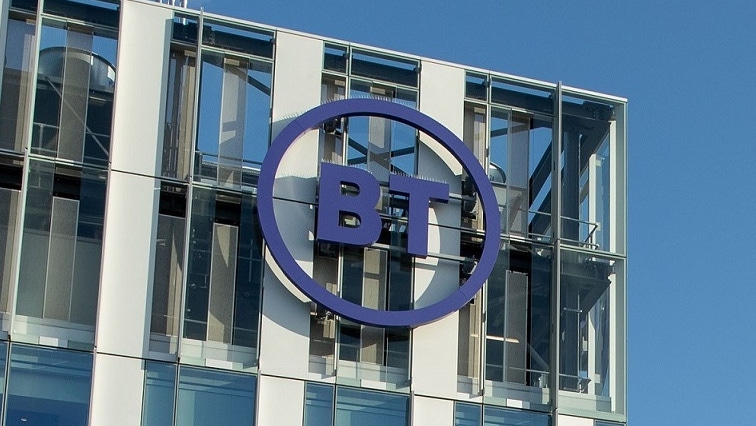The BT and Openreach strikes look set to be over, as the telecoms group today reached a final agreement with the Communications Workers Union to settle the dispute over pay.
November 28, 2022

The BT and Openreach strikes look set to be over, as the telecoms group today reached a final agreement with the Communications Workers Union to settle the dispute over pay.
After months of on and off strikes, BT and the CWU have come to an agreement over a pay despite, and the latter is now recommended an end to industrial action. The deal in essence is that BT workers who earn £50,000 or less will get a £1,500 pay rise as of January next year.
The pay hike is being given to all the frontline staff, 51% of managers and all in all covers 85% of UK-based BT Group employees. These workers will now effectively be £3000 a year better off as they already received a £1500 blanket pay jump in April.
The original increase seemed to be the catalyst for strikes in the first place. The CWU’s argument is that it didn’t cover the rising costs of inflation and therefore represented a pay cut in real terms. As the dispute rolled on, CWU members voted in favour of initial strike action at the beginning of July, amid what union boss Dave Ward described as a ‘real culture of fear that has been imposed in the last couple of years by the senior BT management.’
The CWU now believes it’s got as much out of the industrial action as its going to, and is recommending to members they take the deal. It will run a ballot recommending members vote in favour of it, and the outcome will be announced in mid-December. At which point, assuming they give it the thumbs up, the striking stops. Presumably its possible they could vote to reject it, at which point there would be another vote about continued action – but there doesn’t seem to be any appetite from the CWU executive for that so it would seem unlikely.
“This award is based on the principles we have followed throughout this difficult period,” said BT Group Chief Executive, Philip Jansen. “It gets help to as many of our colleagues as possible; favours our lower paid colleagues; and gives people the security of a built-in, pensionable increase to their pay. Crucially, it has been worked on in conjunction with the CWU. As I’ve said throughout, whatever our differences, our unions are vital partners. We will now build on this collaboration: We have agreed with both our union partners that we will all lean into the opportunities and challenges the future will bring, specifically our transformation plans and the delivery of the £3bn cost savings by the end of FY25. Ultimately, we all want BT Group to be successful so that we can do the best by our people and customers for years to come.”
Meanwhile the CWU said in a statement today: “Make no mistake, your significant sacrifice in taking strike action, making a stand against BT and objecting to their original imposed pay rise in April ultimately forced BT back around the negotiating table. Without this, there would be no further pay increase. At best some people on lower pay may have received an imposed one off cost of living payment in December. The case was made, and won, for a consolidated pay rise; consolidation being hugely important as it means it is paid again and again, unlike a one-off payment which does not increase your actual pay.
“Finally, you have every reason to be proud of what your perseverance and determination has achieved. Your continued support for campaigns and your solidarity is vitally important. Please make sure you vote in the forthcoming consultative ballot so that you have the final say on the proposed agreement.”
The CWU will no doubt see this as a big victory over what it has characterised as a very large, very rich company not paying its workers enough. To push back on this, BT has always tried to point to the massive amounts of money it is currently spending on laying out new network infrastructure, in what it called a ‘once-in-a-generation investment programme to upgrade the country’s broadband and mobile networks’, and the tolls to its bank balance energy price hikes are having over its large footprint of sites.
Obviously BT has now concluded it can afford a doubling of its initial pay rise, or at least that it can’t afford the strikes to linger on into 2023 – but whatever the details its good news that they’ve come to an agreement, especially when you remember the somewhat alarming reports back in September that 999 call handlers were joining in on the following month’s strikes.
It’s a good day if you’re a BT worker for sure, but until world leader’s follow BT and the CWU’s lead and work out a way to resolve the geopolitical issues that are driving a lot of the micro economic stresses we’re all facing, 2023 looks like another financially rocky year for the rest of us.
Get the latest news straight to your inbox. Register for the Telecoms.com newsletter here.
About the Author(s)
You May Also Like







.png?width=300&auto=webp&quality=80&disable=upscale)

.png?width=300&auto=webp&quality=80&disable=upscale)
_1.jpg?width=300&auto=webp&quality=80&disable=upscale)



.png?width=800&auto=webp&quality=80&disable=upscale)